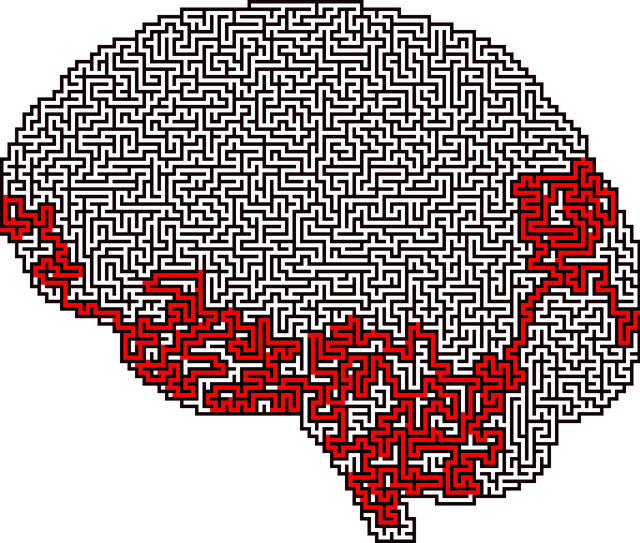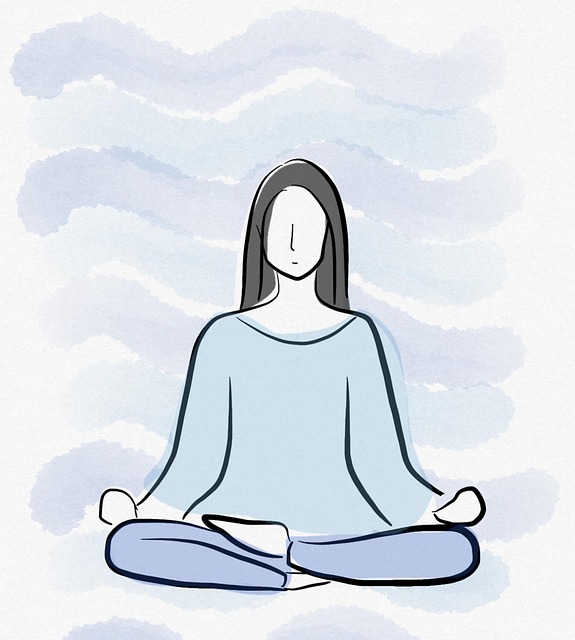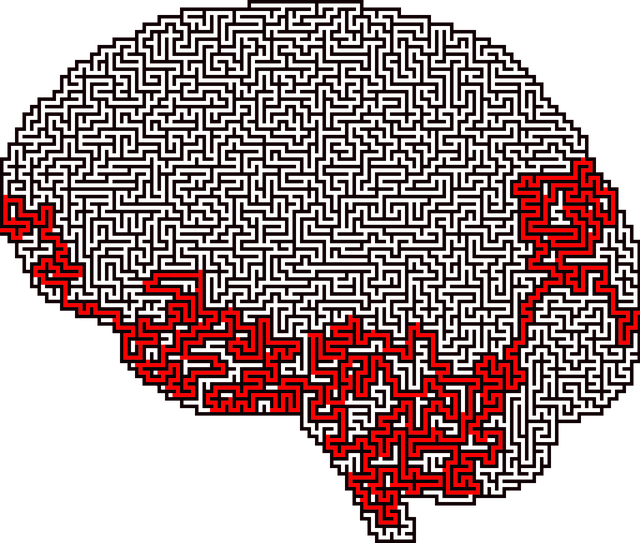Centennial Adjustment Disorder Therapy (CADT) offers a specialized approach to managing stress and trauma from early life onwards. By combining mindfulness meditation, social skills training, and cognitive behavioral techniques, CADT equips individuals with tools for emotional awareness and reframing negative patterns. Accessible resources like workshops and podcasts support this therapy, while lifestyle modifications such as healthy eating and exercise further enhance mental wellness. This holistic approach promotes lasting stress reduction through community outreach programs that empower individuals to take control of their mental health.
Stress reduction is a vital aspect of holistic well-being, especially with modern life’s constant demands. This article explores various effective methods to combat stress and anxiety, offering a comprehensive guide for a calmer, happier life. We delve into evidence-based practices such as Centennial Adjustment Disorder Therapy, which provides deep insights into managing long-term stress. Additionally, we cover lifestyle changes, cognitive behavioral techniques, mindfulness, and alternative therapies, empowering readers with tools to navigate life’s challenges resiliently.
- Understanding Centennial Adjustment Disorder Therapy: A Deep Dive
- Lifestyle Changes for Stress Reduction: The Foundation
- Cognitive Behavioral Techniques: Re-Wiring Your Mind
- Mindfulness and Meditation: Finding Calm in the Present
- Alternative Therapies: Exploring Holistic Approaches
Understanding Centennial Adjustment Disorder Therapy: A Deep Dive

Centennial Adjustment Disorder Therapy (CADT) is a specialized approach designed to help individuals navigate and overcome challenges that have accumulated over their lifetime. It delves into early life experiences, helping clients identify and process unresolved traumas or stressors from childhood through adolescence. By fostering self-awareness, CADT empowers people to adjust healthier coping mechanisms in the present.
This therapy encourages individuals to explore their emotional responses to past events, allowing them to reframe negative patterns and beliefs. Through various techniques, including Mindfulness Meditation, clients learn to stay grounded in the present moment, reduce reactivity to stressors, and enhance overall mental wellness. The Stress Management Workshops Organization and Mental Wellness Podcast Series Production can play a crucial role in promoting CADT by offering accessible resources and support networks for those seeking effective stress reduction methods.
Lifestyle Changes for Stress Reduction: The Foundation

Lifestyle changes are foundational to stress reduction, offering long-lasting solutions for managing and overcoming chronic stress. At the heart of this approach lies a holistic understanding of well-being, where various aspects of daily life intertwine to affect mental and physical health. For instance, adopting healthier eating habits can significantly mitigate stress levels by improving energy levels and enhancing overall resilience. Regular physical activity, another key component, releases endorphins that promote relaxation and a positive mindset.
In tandem with these lifestyle shifts, therapeutic interventions like Centennial Adjustment Disorder Therapy play a pivotal role. This form of therapy focuses on coping skills development, helping individuals navigate stress triggers effectively. Moreover, social skills training fosters connections, providing support networks crucial for managing stress. Self-awareness exercises are also integral, encouraging introspection and emotional intelligence to better understand and address personal stressors. Together, these lifestyle changes and therapeutic practices create a robust framework for achieving lasting stress reduction.
Cognitive Behavioral Techniques: Re-Wiring Your Mind

Cognitive Behavioral Techniques offer a powerful method to re-wire your mind and combat stress. This approach focuses on identifying and changing negative thought patterns and behaviors that contribute to chronic stress and even conditions like Centennial Adjustment Disorder. By learning Mind Over Matter principles, individuals can gain control over their emotional responses, fostering resilience in stressful situations.
Stress Management Workshops organized by community outreach programs can be instrumental in teaching these cognitive behavioral skills. These workshops equip participants with practical tools to challenge distorted thinking, improve problem-solving abilities, and develop healthier coping strategies. Through Community Outreach Program Implementation, these techniques become accessible to a wider audience, promoting better mental health and well-being at an individual and community level.
Mindfulness and Meditation: Finding Calm in the Present

Mindfulness and meditation are powerful tools for finding calm amidst life’s chaos. This ancient practice involves focusing on the present moment, observing thoughts and sensations without judgment. By cultivating mindfulness, individuals can reduce the grip of anxiety and stress, which are often exacerbated by rumination on past events or worry about the future.
In today’s fast-paced world, where Centennial Adjustment Disorder Therapy (CADT) becomes increasingly relevant, integrating mindfulness into daily routines offers a practical solution for managing mental health. Regular meditation practice has been shown to reduce symptoms of anxiety relief and improve overall stress management. It helps break the cycle of stressful thoughts, fostering a sense of inner peace and resilience against Mental Illness Stigma Reduction Efforts.
Alternative Therapies: Exploring Holistic Approaches

In today’s fast-paced world, stress has become an ever-present companion for many individuals. Beyond conventional medical approaches, alternative therapies offer holistic solutions to combat this modern-day plague. One such promising method gaining traction is Centennial Adjustment Disorder Therapy (CADT), which delves into the intricate relationship between emotions and physical health. CADT combines various techniques like mindfulness meditation and social skills training to help individuals develop positive thinking patterns and effective coping mechanisms.
Integrating these holistic practices empowers people to take control of their mental well-being. Mindfulness meditation, for instance, teaches individuals to stay present and aware of their thoughts without judgment, fostering a sense of calm. Social skills training complements this by enhancing communication and interpersonal connections, which are crucial for managing stress in social settings. By combining these alternative approaches, CADT offers a comprehensive strategy to alleviate stress and promote overall mental resilience.
In conclusion, managing stress effectively involves a multifaceted approach. From understanding complex conditions like Centennial Adjustment Disorder Therapy to adopting lifestyle changes, cognitive behavioral techniques, mindfulness practices, and exploring alternative therapies, each method offers unique benefits. By integrating these strategies into daily life, individuals can achieve better mental well-being and enhance their overall resilience against stress.














